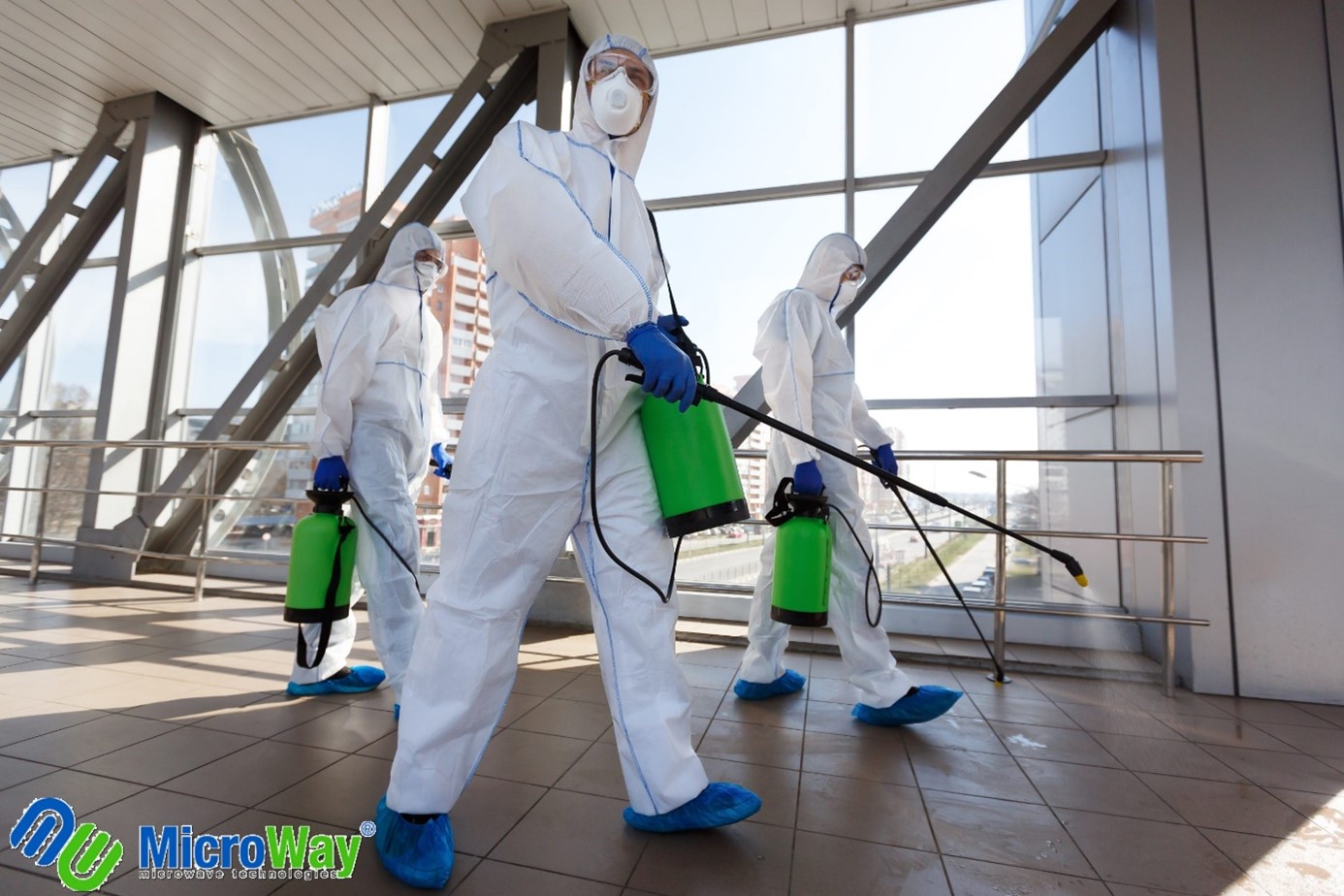Defining Fumigation:
a. Fumigation in Agriculture: Fumigation is a specialized pest control method employed in agriculture, involving the use of gaseous pesticides or fumigants to eliminate or control pests, insects, and pathogens that can compromise the quality and safety of harvested crops.
b. Targeted Treatment: Fumigation is a particularly effective in situations where pests or diseases may be present in storage facilities, silos, or shipping containers, posing a threat to the post-harvest integrity of agricultural commodities.

Principles of Fumigation:
a. Fumigant Selection: The choice of fumigant depends on factors such as the type of pests targeted, the specific crop being treated, and environmental considerations. Common fumigants include methyl bromide, phosphine, and sulfuryl fluoride.
b. Enclosed Environments: Fumigation is conducted in controlled and enclosed spaces to ensure the thorough distribution of fumigants. This practice allows the gaseous pesticides to reach all surfaces and effectively target pests throughout the treated area.
Applications in Kazakhstan’s Agricultural Practices
a. Grain Storage: Kazakhstan’s prominence in grain production makes fumigation a critical practice in preserving the quality of stored grains. Silos and storage facilities utilize fumigation to protect harvested grains from infestations during storage, preventing losses and maintaining market value.
b. International Trade Compliance: Fumigation plays a pivotal role in meeting international phytosanitary standards for agricultural exports. Treated commodities adhere to regulations, facilitating smooth cross-border trade and bolstering Kazakhstan’s position in the global agricultural market.
Safety and Environmental Considerations:
a. Worker Safety: Fumigation activities require stringent safety measures to protect workers involved in the application process. Adequate training, the use of personal protective equipment, and adherence to safety guidelines are essential components.
b. Environmental Responsibility: Sustainable fumigation practices are gaining prominence, with a focus on minimizing environmental impact. Kazakhstan’s agricultural sector is increasingly adopting environmentally friendly fumigants and application methods to balance effective pest control with ecological responsibility.

Future Perspectives and Conclusion:
As Kazakhstan strives for agricultural advancement, fumigation remains a linchpin in the nation’s efforts to protect and enhance crop yields. By embracing advanced technologies and sustainable fumigation practices, Kazakhstan is poised to navigate the challenges of a dynamic agricultural landscape while ensuring food security for its population and contributing to global agricultural resilience.Get acquainted with the production capacity of the Microway brand.


